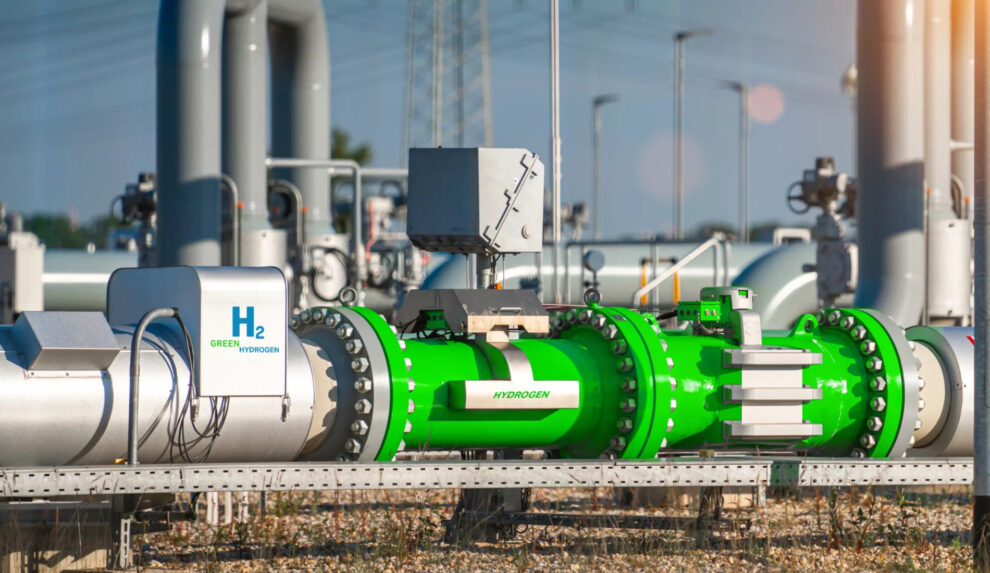Tunisia, Spain, Brazil could be among green hydrogen import hotspots for Germany – report. Algeria, Tunisia and Spain could be the best and most cost-effective countries from which Germany can import green hydrogen if pipelines are ready for transport, according to an analysis by research organisation, the Fraunhofer Institute for Solar Energy Systems ISE.
Brazil, Colombia and Australia, meanwhile, provide “particularly good” conditions for importing other synthetic fuels like ammonia, methanol and kerosene because of already established shipping networks, found Fraunhofer, which carried out the analysis for the H2Global Foundation.
By 2030, Germany will need such climate-neutral fuels in “at least the single-digit terawatt-hour” range to replace fossil gas and oil, particularly in heavy industries and aviation. But it will not be able to produce enough domestically. Hans-Martin Henning, director of Fraunhofer ISE said: Sustainably produced hydrogen and its derivatives will be indispensable in certain sectors of the energy system.
“According to our calculations, imports are a necessary and economically viable supplement to local hydrogen production.” Fraunhofer looked at 39 regions in 12 countries selected by H2Global Foundation, an initiative aimed at supporting the hydrogen trade, to determine where the production of Power-to-X (PtX) fuels like green hydrogen could be most cost-effective when transport is also included.
If pipelines are constructed by 2030, Europe and Germany could import large quantities of the fuel from North Africa. Advantageous conditions for wind and solar energy and low capital costs are central for cost-efficient production of green fuels, according to the report. Germany plans to double the domestic capacity of electrolysers to produce green hydrogen to 10 gigawatts by 2030, according to an update to its national hydrogen strategy published in July. But production of green hydrogen in the country will not be financially viable in the long term, found another report by the European Commission.
France and Spain would become Europe’s most important hydrogen producers because they have more favourable conditions for renewable energy generation, wrote the authors. The German government is set to soon present a hydrogen import strategy as well. Last month, Germany’s economy minister Robert Habeck and the European Commissioner for energy Kadri Simson called on EU member states to join the ‘H2 Global’ initiative in a bid to strengthen the bloc’s hydrogen purchasing power.
Source: HYDROGEN CENTRAL















